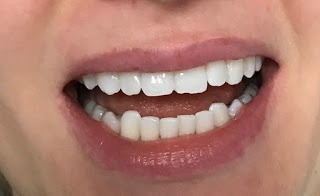Do Bacteria linked to periodontal disease cause Alzheimer disease?

According to a just published Study in Science Advances P gingivalis and associated neurotoxins (gingipains) are causitive factors in Alzheimers disease and dementias. The scientists found it likely that antimicrobials (AB 1-42) seemed effective in inhibiting the neurotoxins that were causitive agents of plaque formations. P Gingivalis is a gram negative anaerobic bacteria that may also play a role in cardiovascular disease as well. In fact another study menitons that 100 percent of patients with cardiovascular disease had P. gingivalis arterial colonization. Part of the above mentioned study involved infecting eight mice with P Gingivalis and demonstrating" that the bacteria invaded the brain of all eight mice after an oral infection for 6 weeks" In a separate experiment, the researchers were able to treat brain infected mice with gigipain inhibitors that diminished P gingivalis concentrations in their brains. This is exciting news since these find...
